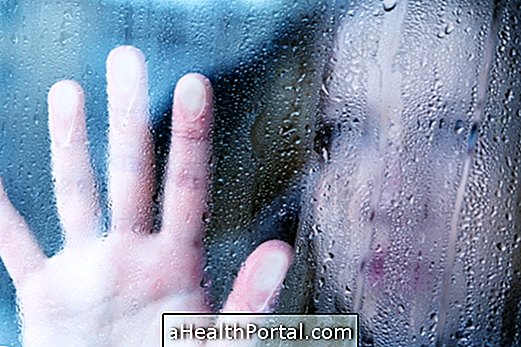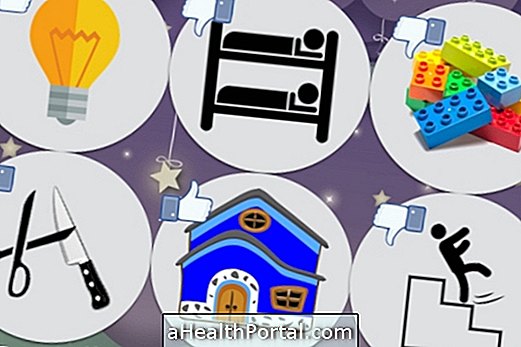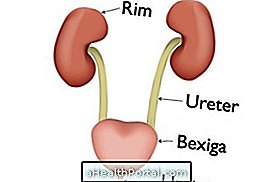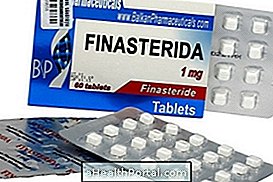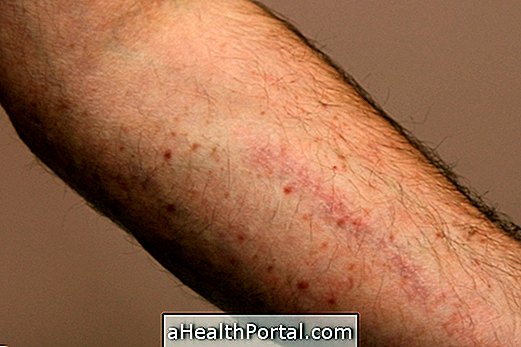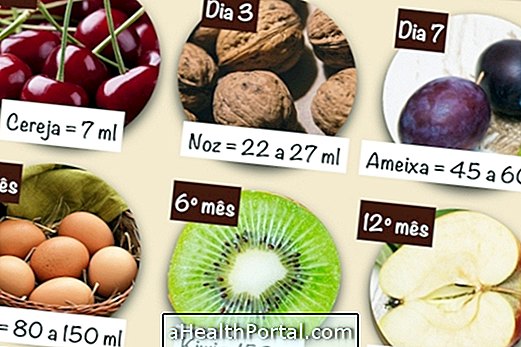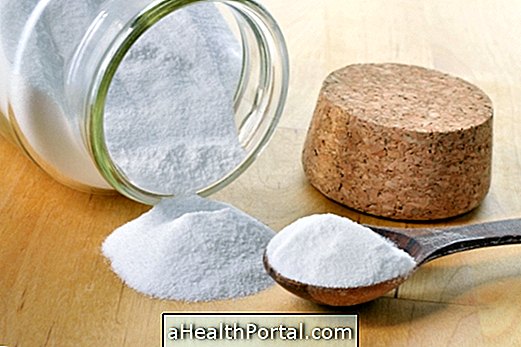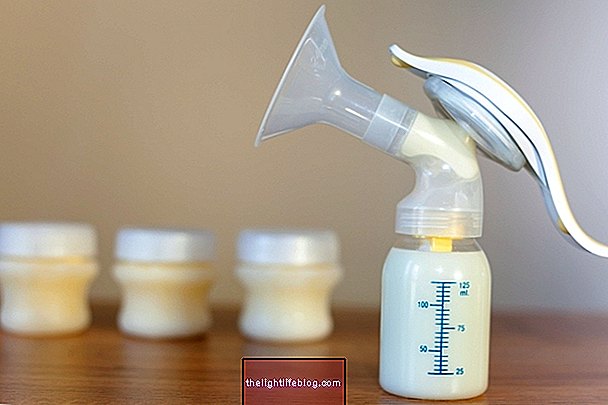Binge eating is a psychological disorder that has several factors, such as the endocrine and emotional. Very restrictive diets and large losses, like a loved one, losing their job or running out of money, can also lead to the emergence of binge eating.
Because it is caused by many reasons at the same time, the treatment for binge eating is done by several health professionals such as doctor, nutritionist, psychologist, and sometimes psychiatrist should be contacted in order to solve the problem in question.

Symptoms of binge eating
The symptoms of binge eating are:
- Eat exaggeratedly;
- Eat even without hunger;
- Having trouble stopping eating;
- There may or may not be a sense of guilt after the "assault" on the refrigerator or dispenser;
- Eat strange foods like raw rice, a pot of butter, cold beans with cheese and etc .;
- Eat very fast;
- Eat hidden;
- Immeasurable pleasure in eating;
- Little concern about being overweight.
The compulsive individual at a time of "attack" can ingest more than 10, 000 calories in a short time, when he should on average eat 1200 calories a day.
How is the treatment?
Treatment for binge eating should be started as soon as possible and it is important for the individual to know that it takes some time for it to begin to take effect.
Taking medications is important, to regulate hormone function, and thus lessen physical and emotional hunger, generated by anxiety, stress, and depression. These medications must be prescribed by the endocrinologist and require a prescription to be purchased.
The nutritionist is a very important professional to guide the individual in what he should eat and when to eat. This professional specializes in food and can give you valuable tips for overcoming hunger by eating the right foods.
Exercises serve to improve mood and divert attention from food, while psychotherapy sessions will be useful to treat the emotional part of the individual.




